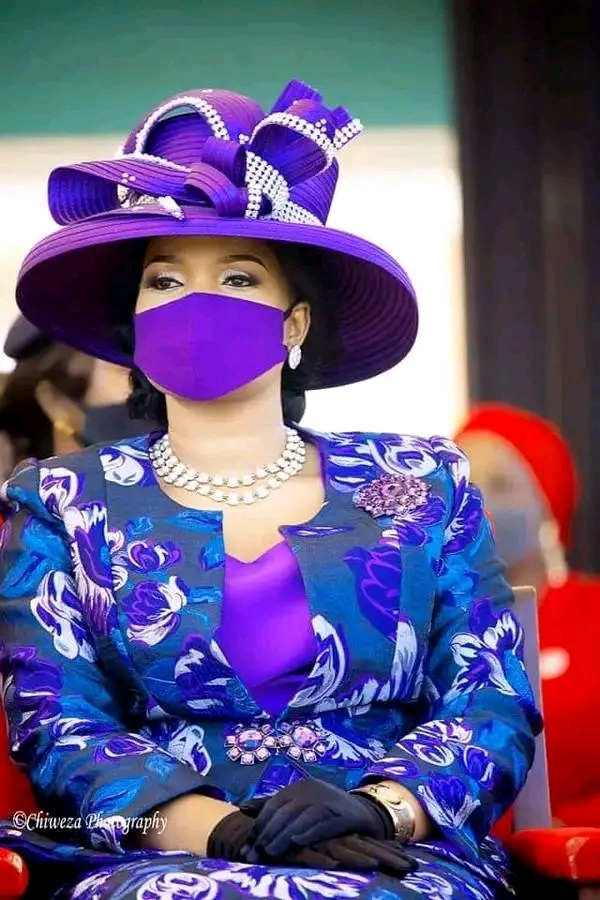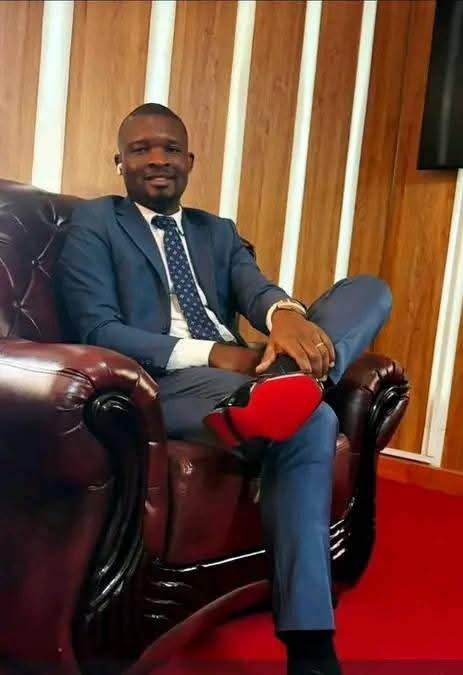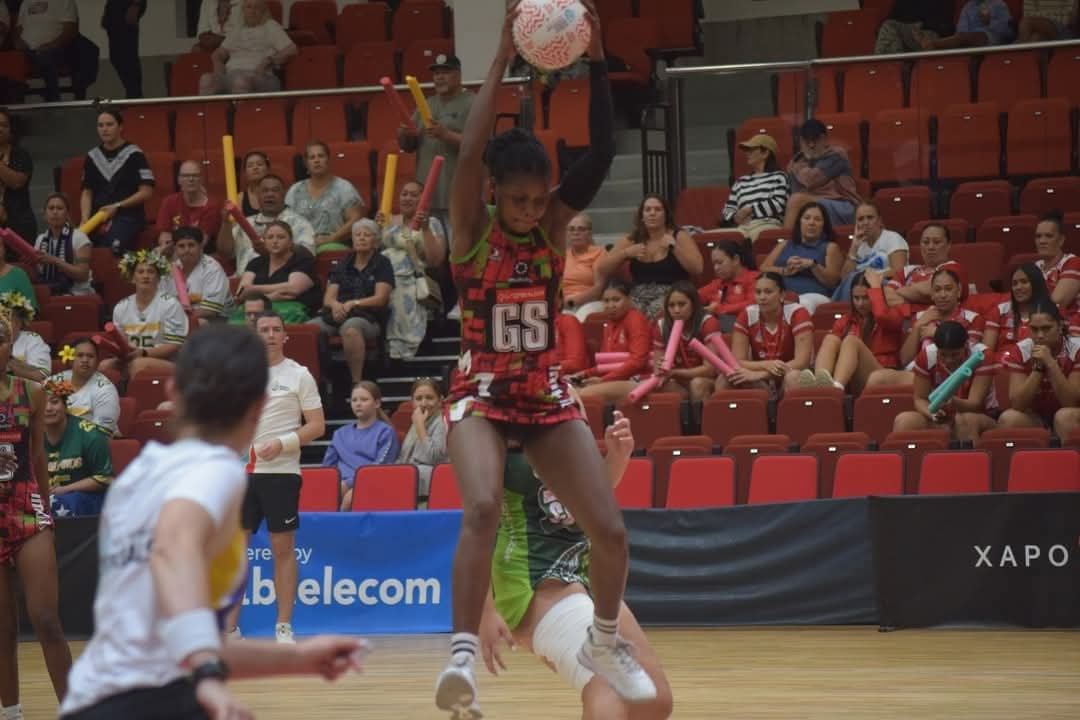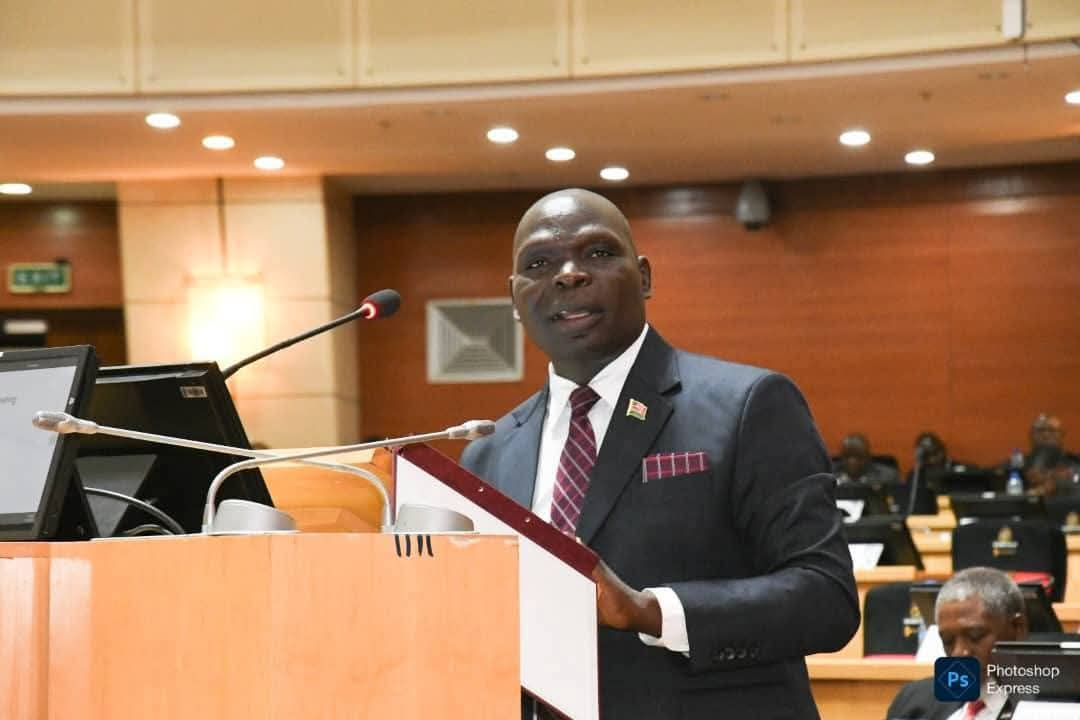By Burnett Munthali
A fierce political battle seems to be brewing within the United Transformation Movement (UTM), Malawi’s influential political party. At the heart of this internal struggle is Bon Kalindo, popularly known as Winiko, an actor-turned-politician, who has stirred the political scene with his aspirations to lead the UTM. With speculations that he is gearing up to take the mantle as the party’s president, the scenario has left many wondering if UTM’s leadership will shift from the current Vice President Saulos Chilima.
In recent times, whispers have grown louder that Kalindo, along with his political faction Team Bon Kalindo the DC (unofficially), is making serious moves to unseat the current leadership of UTM. What started as murmurs of dissatisfaction has now turned into a visible confrontation as senior party members like Patricia Kaliati and others reportedly express concerns about President Lazarus Chakwera’s intentions toward UTM’s future.
At the core of this brewing conflict is a belief that President Chakwera, in alliance with certain UTM members, is working behind the scenes to weaken or even eliminate UTM as a political force. Kalindo and his supporters claim that Chakwera, leveraging key players like Manganya, is strategically positioning himself to dismantle the party. The fear is that if unchecked, UTM could lose its identity and independence as a political entity, becoming just another cog in the machinery of the Malawi Congress Party (MCP).
Read alsoHon. Kambala affirms UTM’s commitment to reform and Calls For Unity
Fredokiss addresses rally on Dr. Saulos Chilima’s plane crash and legacy
For loyal UTM members, this realization has led to swift mobilization. Party stalwarts have allegedly begun moving to strip Kalindo of his rising influence within the party, fearing that his ambitions might derail UTM’s progress and shift the political focus away from Saulos Chilima, the party’s co-founder and figurehead.
Bon Kalindo’s rise to prominence in Malawian politics has been nothing short of dramatic. Known initially for his comedy and television appearances, Kalindo transitioned into politics with a bold and controversial approach. His activism, particularly on issues like the high cost of living and government accountability, has won him the admiration of many, even beyond the UTM’s base.
However, this fame has also made him a divisive figure within the party. While some view him as a fearless reformist capable of energizing UTM with a new vision, others perceive him as an opportunist whose rise to power could destabilize the party’s internal harmony. His current position as an unofficial candidate for the UTM presidency has amplified these tensions, especially as senior leaders scramble to contain his influence.
Amid this leadership tug-of-war, one of the most interesting dynamics is the potential rivalry between Kalindo and Mary Chilima, wife of the current UTM president, Saulos Chilima. While Mary Chilima has not officially expressed an interest in leading the party, her influence within UTM’s circles is undeniable. She has been a steadfast supporter of her husband and is often seen as a key figure in shaping UTM’s strategies and policies.
If this internal conflict escalates, the showdown between Kalindo and the Chilima faction could intensify. Should Mary Chilima choose to actively enter the political fray, we might witness a leadership battle of unprecedented proportions within UTM. Supporters from both sides would be left with tough choices as they navigate the competing visions for the party’s future.
The future of UTM appears to hang in the balance as the potential for an intense leadership contest between Kalindo (Manganya) and Mary Chilima looms. Both figures have their strengths—Kalindo’s public appeal and populist strategies versus Mary Chilima’s deep-rooted connection to the party’s founding leadership.
For UTM members and Malawian voters alike, this leadership contest could redefine the party’s trajectory ahead of the next general election. Will UTM continue under the seasoned leadership of the Chilima family, or will it take a bold leap into the unknown with Kalindo at the helm? The outcome of this internal struggle could have far-reaching consequences, not just for the UTM but for the political landscape of Malawi.
In conclusion, as UTM braces for what could be a defining moment in its history, Malawians are watching closely. The contest between Manganya and the established leadership may soon come to a head, with the potential to either unite the party around a new vision or fracture it irreparably. For now, the battle lines have been drawn, and UTM’s fate hangs in the balance.




